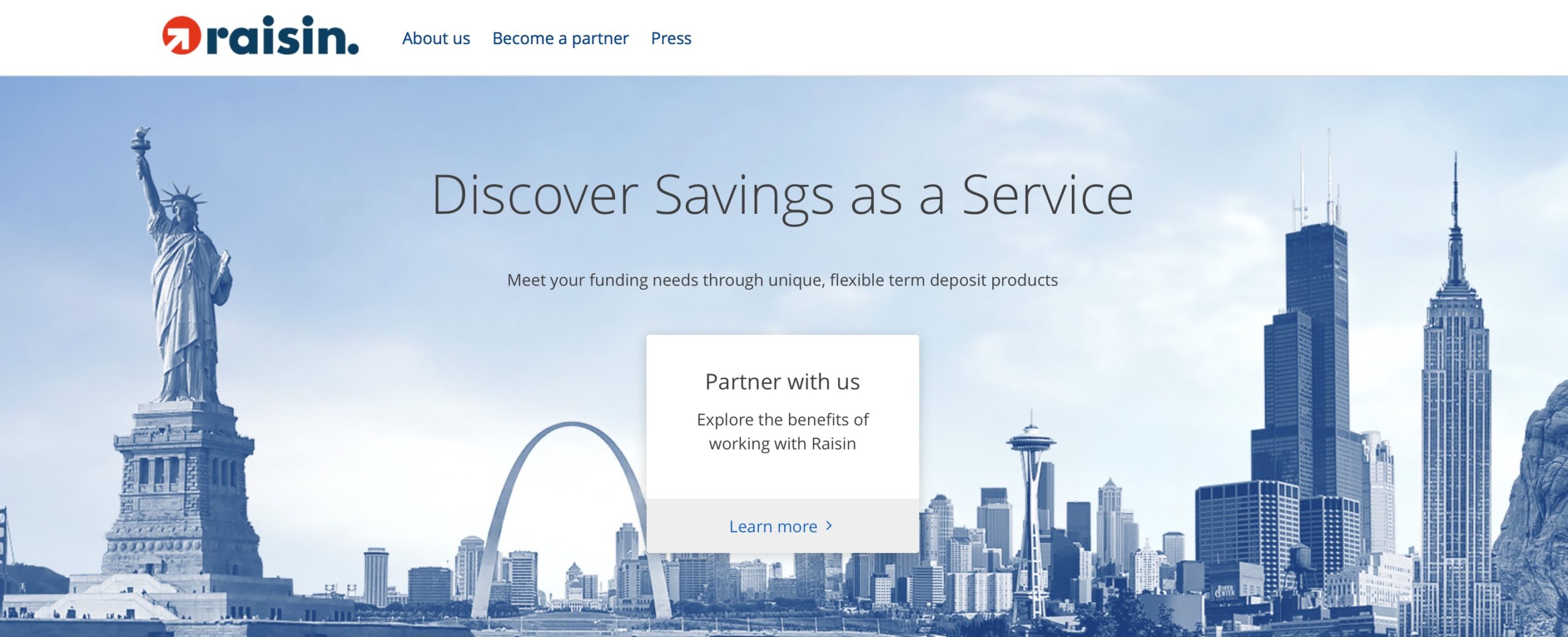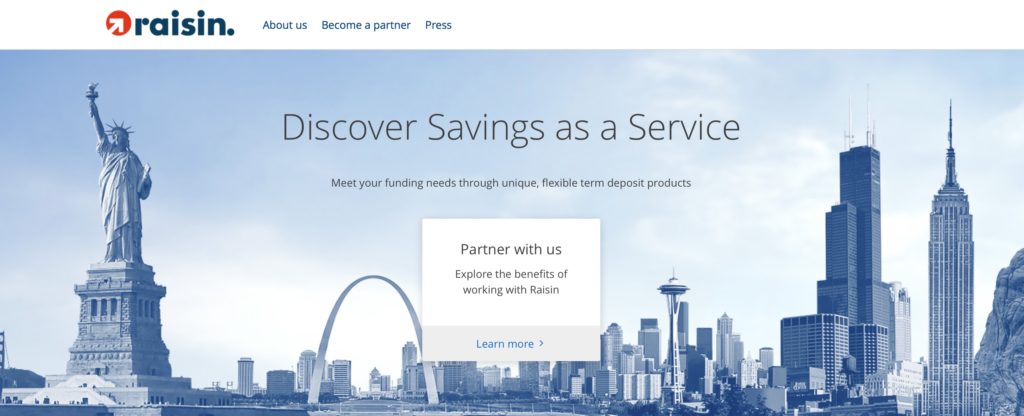
In a round led by Gallatin Point Capital and The Rise Fund, mobile banking startup Varo Money has secured $241 million in new funding. The investment in the San Francisco, California-based fintech, which featured participation from HarbourVest and Progressive Insurance, takes Varo’s total capital to $419.4 million.
The funding comes at a time when Varo Money is closing in on the opportunity to be the first, fully-digital U.S. bank to earn a national charter – as early as this summer. The charter would enable the company to add credit cards, loans, and other savings products to its offerings.

This most recent investment will help Varo further develop its mobile banking solutions. In a statement, Varo Money co-founder Colin Walsh underscored growing consumer preferences in favor of digital banking services, and said that the company, founded in 2015, has been “laser-focused” on becoming the first fully digital bank in order to take advantage of this kind of opportunity from the start.
The investment also will accelerate the company’s goal of bringing better banking services to the underbanked. “Varo was founded first and foremost to make a powerful impact on systemic financial inequality in communities across the country,” Walsh said. “As the first fully digital bank, Varo will bring our mission of financial inclusion to life and create more financially resilient – and thus healthier and stronger – communities. This new investment will enable us to complete the chartering process and leverage our modern banking technology to build on our track record of innovation and inclusion,” he added.
Varo Money offers a high-yield savings account with an annual percentage yield of up to 2.8% for five-digit savers, as well as a Varo Visa Debit Card. The company also offers an online bank account with no overdraft or monthly fees charged, and no minimum balance required. Accountholders can authorize direct deposit with their Varo accounts to get their paychecks up to two days early, and can send money instantly and without fees to other Varo accounts. Deposits are FDIC insured to $250,000 courtesy of Varo’s partnership with The Bancorp Bank, and accountholders have access to fee-free ATM withdrawals at more than 55,000 ATMs worldwide.

























